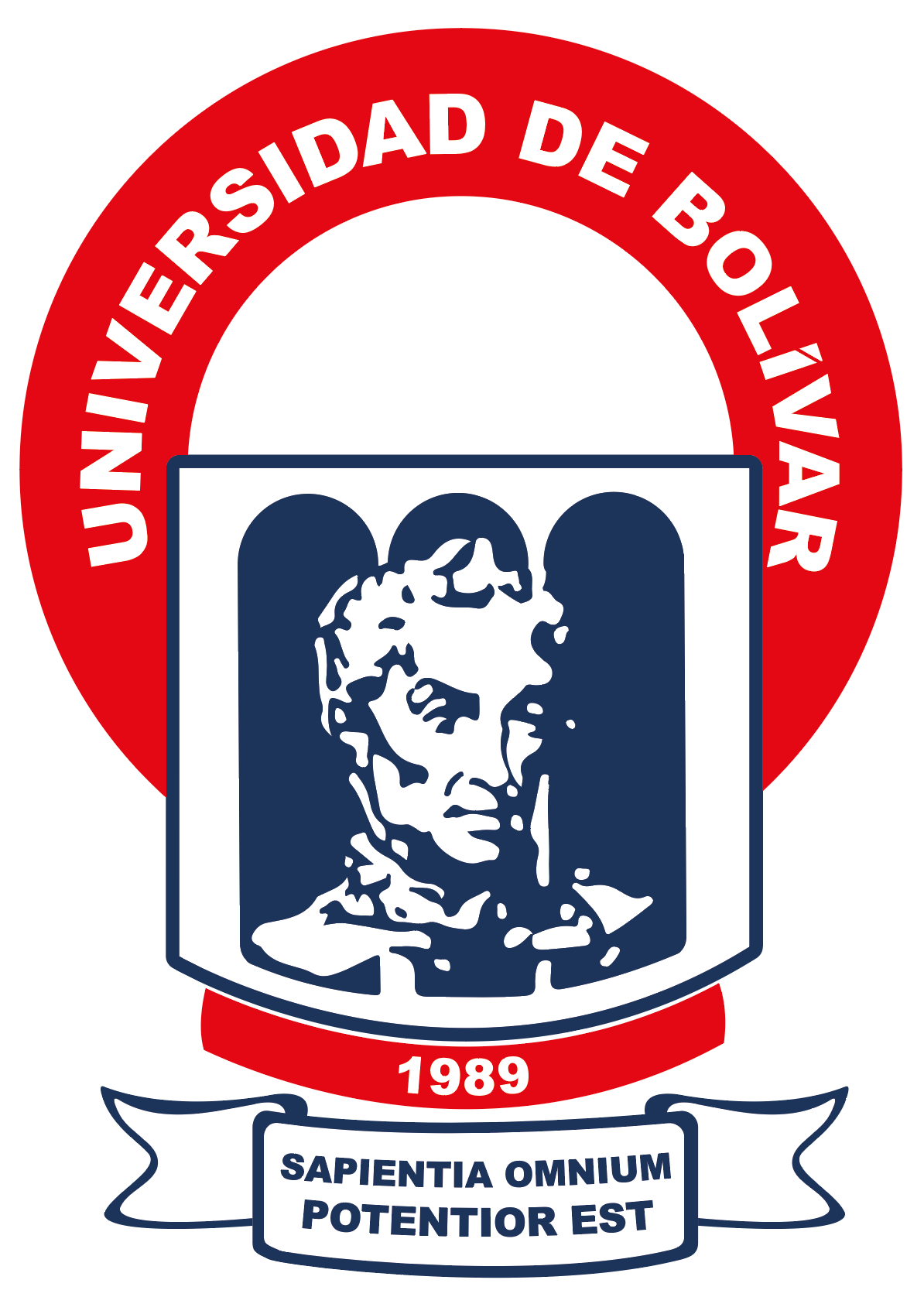Parental relationship and classroom behavior, case study in english language learners
Resumen
In the educational field there are several factors that influence students differently in their learning process. Human beings are entities of constant relationship from the family constitution to the educational environment, for this reason it is intended to know the styles of parental socialization and the behavioral problems in the classroom of English language students level B1+. The qualitative approach was used in this type of field research and a de- scriptive scope, evaluation instruments such as ESPA 29 were applied to determine the styles parental and the TOCA-R test to better understand possible behavioral problems; therefore, the results obtained were the prevalence of the authoritative style in both mothers and fathers of the students evaluated and it was identified that mostly there are no behavioral problems. However, it is concluded that there is a minimum presence of social contact and acceptance problem and authority.
Descargas
Citas
Adame, D., García, N., y Gómez, N. (٢٠١٧). Ambiente escolar; convivencia y paz. Universidad Pontificia Bolivariana de Medellín.
Algara, A. (2016). Los acuerdos del aula una estrategia de convivencia para fortalecer la democracia en la escuela primaria. Ra Ximhai, 12(3), 207–214. https://doi.org/10.35197/rx.12.02.2016.13.aa
Almeida, E. (2017). La socialización parental y su incidencia en las conductas violentas en la escuela de niños y niñas de la Unidad Educativa Miguel Valverde de la ciudad de Milagro. Universidad de Guayaquil.
Bonilla, J. (2016). El rol del docente y su influencia en el comportamiento de los estudiantes del quinto grado de la escuela particular N° 12 “Sergio Núñez Santamaría”, Parroquia Posorja, cantón Guayaquil, período lectivo 2015-2016. Universidad Estatal Península de Santa Elena.
Capano, A., González, M. del L., y Massonnier, N. (2016). Estilos relacionales parentales: estudio con adolescentes y sus padres. Revista de Psicología, 34(2), 413–444. https://doi.org/10.18800/psico.201602.008
Capano, Á., y Ubach, A. (2013). Estilos parentales, parentalidad positiva y formación de padres. Ciencias Psicológicas, 7(1), 83–95.
Carvajal, M. F. (2015). El rol parental y su incidencia en el comportamiento socio-afectivo de los estudiantes de educación general básica superior de la Unidad Educativa Particular “Bautista” de la ciudad de Ambato, Provincia de Tungurahua. Universidad Técnica de Ambato.
Comino, M., y Raya, A. (2014). Estilos educativos parentales y su relación con la socialización en adolescentes. Apuntes de Psicología, 32(3), 271–280.
Espinoza, C., y Panta, C. (2014). Estilos de socialización parental y asertividad en las estudiantes de acuerto año de secundaria de una institución educativa. Revista USS, 11. Retrieved from http://revistas.uss.edu.pe/index.php/PAIAN/article/download/226/239/
Fuentes, M., García, F., Gracia, E., y Alarcón, A. (2015). Los estilos parentales de socialización y el ajuste psicológico. Un estudio con adolescentes españoles. Revista de Psicodidactica, 20(1), 117–138. https://doi.org/10.1387/RevPsicodidact.10876
George, M., Squicciarini, A., y Zapata, R. (2004). Detección Precoz de Factores de Riesgo de Salud Mental en Escolares. Revista de Psicología Dela Universidad de Chile, 13(2), 9–20.
Gotzens, C., Badía, M. M., Castelló, A., y Genovar, C. (2007). La gravedad de los problemas de comportamiento en el aula vista por los profesores. Revista Portuguesa de Pedagogia, 41(1), 103–120. Retrieved from http://dspace.ucuenca.edu.ec/bitstream/123456789/27326/1/Trabajo de Titulación.pdf
Guevara, J. (2013). Ecología humana y acción pro-ambiental: Alteridades recíprocas aula-escuelacomunidad para el manejo sustentable de residuos. Revista Latinoamericana de Psicologia, 45(3), 449–459. https://doi.org/10.14349/rlp.v45i3.1486
Hernández-Sampieri, R., Fernández, C., y Baptista, M. (2014). Metodología de la Investigación (6ta ed.). México, D.F.: McGraw-Hill.
Iglesia, G. de la, Ongarato, P., y Liporace, M. (2010). Propiedades Psicométricas de una Escala de Estilos Parentales e Inconsistencia Parental. Revista Evaluar, 10, 32–52.
Marmo, J. (2014). Estilos parentales y factores de riesgo asociados a la patología alimentaria. Unife.Edu.Pe, 22(2), 165–178.
Musitu, G. y García, F. (2001). ESPA29: Escala de estilos de socialización parental en la adolescencia [ESPA29: Parental socialization scale in adolescence]. Madrid, Spain: Tea.
Moratto, N., Zapata, J., y Messager, T. (2015). Conceptualización de ciclo vital familiar: una mirada a la producción durante el periodo comprendido entre los años 2002 a 2015. CES Psicología, 8(2), 103–121.
Orellana, F. (2017). Percepción de los adolescentes de un centro de adicciones sobre los estilos de socialización de sus padres/madres. Universidad de Cuenca. Retrieved from http://dspace.ucuenca.edu.ec/bitstream/123456789/27326/1/Trabajo de Titulación.pdf
Ortiz, M., y Moreno, O. (2016). Los estilos parentales: implicaciones sobre el rendimiento escolar en alumnos de educación media. Revista Digital Internacional de Psicología y Ciencia Social, 2(1), 76–94.
Páramo, D. (2017). Cultura y comportamiento humano. Revista Científica Pensamiento y Gestión, (42), 7–11. https://doi.org/10.14482/pege.42.10450
Pérez, O. (2013). Socialización parental en la adolescencia. Universidad Rafael Landívar. Retrieved from http://biblio3.url.edu.gt/Tesario/2013/05/24/Perez-Orlando.pdf
Rivadeneira, E. (2015). Comprensión teórica y proceso metodológico de la investigación cualitativa. In Crescendo, 6(2), 169–183. https://doi.org/10.21895/incres.2015.v6n2.16
Torres, V. (2016). Estilos de socialización parental y habilidades sociales en estudiantes del nivel secundario de una institución educativa particular de Lima metropolitana, 2015. Universidad Peruana Union.
Velastegui, E. (2014). Estilos de socialización parental y agresividad en adolescentes. Universidad Técnica de Ambato. https://doi.org/10.1002/14651858.CD010789.
Derechos de autor 2020 Revista de Investigación Enlace Universitario

Esta obra está bajo licencia internacional Creative Commons Reconocimiento-NoComercial-SinObrasDerivadas 4.0.

Esta obra está bajo una licencia de Creative Commons Reconocimiento-NoComercial-CompartirIgual 4.0 Internacional.
La Universidad Estatal de Bolívar conserva los derechos patrimoniales (copyright) de las obras publicadas y favorecerá la reutilización de las mismas. Las obras se publican en la edición electrónica de la revista bajo una licencia de Creative Commons Reconocimiento-NoComercial-CompartirIgual 4.0 Internacional: se pueden copiar, usar, difundir, transmitir y exponer públicamente.
El autor/es abajo firmante transfiere parcialmente los derechos de propiedad (copyright) del presente trabajo a la Universidad Estatal de Bolívar, para las ediciones impresas.
Se declara además haber respetado los principios éticos de investigación y estar libre de cualquier conflicto de intereses.
El autor/es certifican que este trabajo no ha sido publicado, ni está en vías de consideración para su publicación en ninguna otra revista u obra editorial.
El autor/es se responsabilizan de su contenido y de haber contribuido a la concepción, diseño y realización del trabajo, análisis e interpretación de datos, y de haber participado en la redacción del texto y sus revisiones, así como en la aprobación de la versión que finalmente se remite en adjunto.










 |
|